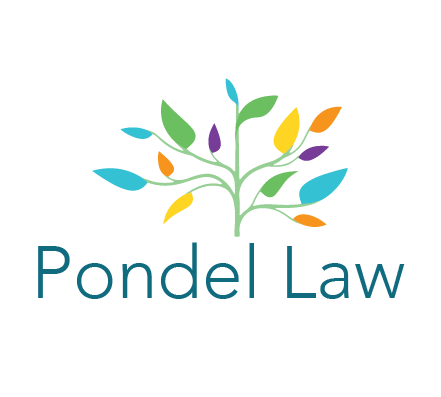Do I need to adopt my own child? Why it is important for Lesbian and Gay parents to achieve formal recognition of their parentage through the court.
Although California has taken steps to provide legal protections to same-sex unions, the state of the law is unsettled and under close scrutiny by governing bodies in California, throughout the United States and abroad. Even though your name is on the birth certificate, your legal parentage rights are not guaranteed if you are not biologically related to the child.
The Full Faith & Credit Clause of the United States Constitution – which is what makes judgments portable from state to state – does not protect statuses. Being married is a “status” and this is why other states don’t have to honor California’s recognition of domestic partnerships, civil unions or same-sex marriages. But, if you have a judgment declaring you the legal parent, then that judgment is entitled to Full Faith & Credit in every state in the country. Therefore, in order to have your parental status fully recognized in every state, lesbian and gay parents must make certain they have court judgments saying they are parents. This can be accomplished through a “second-parent adoption.”
Unfortunately, we have a recent example in our national law of why these judgments are essential. In Miller-Jenkins v. Miller-Jenkins, the State of Virginia refused to recognize the parental rights of the non-biological mother of a child born to a lesbian couple who entered into a civil union in the State of Vermont before the child’s birth. The Virginia trial court refused to acknowledge the parent-child relationship despite the fact that the child was born into an intact Vermont civil union. Fortunately, the Virginia trial court decision was overturned on appeal, since a Vermont family court had already taken jurisdiction over the case and entered custody and support orders prior to the marriage being filed in Virginia. However, this case is just one graphic illustration of why it is so important to gain legal recognition of parentage in the form of a judgment via a second-parent adoption or domestic-partner adoption.
Another reason why establishing legal parentage is imperative is the likely prospect of the federal government refusing to recognize parentage based on same-sex marriages, civil unions, or domestic partnerships even when there is no conflict between the parents. A situation may arise where the non-biological mother/father dies when the child is young and the surviving mother/father applies for Social Security benefits based on the fact that the birth certificate lists both parents (including the late non-biological mother) as parents. It is very possible that the federal government could deny Social Security benefits to the child on the grounds that the deceased partner’s claim of parentage “arises from” a same-sex marriage, which is denied federal recognition. There are many other situations where the federal government may not recognize parentage without a legal judgment including an IRS audit or a possibility that the Department of Homeland Security would refuse to issue your child a passport with your partner listed as a parent.
The unfortunate result of the above information is that lesbian and gay parents cannot rely on state-by-state recognition of their relationship to establish formal legal parentage of their children. Each parent must do his or her own research to establish and secure an independent legal relationship with his or her child that is not dependent on the state recognition of his/her relationship with his/her spouse or partner.
For more information about domestic-partner adoption, second-parent adoption, or step-parent adoption, call 310-598-6428 or email Rose@FamilyFormationLawCenter.com



